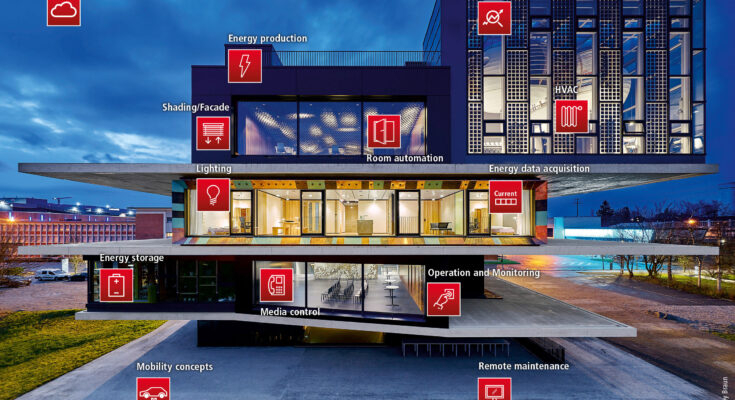Business settings are trying to eye smart relay systems having sustainable practices and low-cost operations. These kinds of advanced systems make an impact in aiding to better control, monitoring, and automation, and also, making greater utilization of energy means more economically.
- Intelligent Energy Management: The smart relay system, such as SPR0008, is intended to provide an intelligent energy management solution. These systems with integrating sensors, controllers, as well as communication devices are able to track energy utilization in real time. This type of intelligence means that proper adjustments are able to be made in prior to minimizing the waste of energy and optimizing the way of use.
- Automated Control and Monitoring: Automation of control and monitoring is an important feature of smart relay systems. These types of systems can control HVAC, lighting, as well as other electrical loads as per the occupancy status or ambient conditions. Automation stands for only the energy-consuming materials that are going to be used and avoid the unnecessary consumptions.
- Demand Response Capabilities: Smart relay systems allow commercial establishments to take part in demand response programs. These systems are able to gather signals from the utility providers, as well as adjust the use of energy during peak hours of demand, avoiding the loads that are non-essential. Following this, the businesses can also take part in upkeeping the grid stability.
- Integration with Building Management Systems (BMS): By integrating smart relay systems with Building Management Systems, overall control and coordination is strengthened. Energy efficiency integration has the ability to monitor and control different buildings from a central location, and so can act more on energy saving.
- Remote Accessibility and Monitoring: Smart relay systems of today are capable of remote accessibility and monitoring. Through the interfaces through the internet or mobiles, facility managers are able to monitor, as well as control the usage of energy. For businesses having many outlets, this characteristic is helpful. It provides insight and control in real-time no matter the distance in between them geographically.
- Predictive Maintenance: Predictive maintenance is a common feature of smart relay systems. These types of system are able to predict problems or failures through constantly keeping an eye in the performance and health of the electrical equipment. With this type of proactive devices, downtime can get reduced and also the repair costs can get minimized. At the peak performance times the energy-consuming tools can operate.
- Customizable Solutions for Diverse Applications: Configurations of the intelligent relay system are tailored to meet different commercial needs for energy management. Nonetheless if they are retail stores buildings or any type of manufacturing facilities, these systems are able to get fine-tuned when any problems occur in any electric system.
Conclusion
These type of smart relay system like RIB2401C-RD can be the right transformative solution for businesses asking to enhance their efficiency. The systems are going to towards the direction of sustainable practices while improving the whole operational efficiency by the usage of smart controls, automation, as well as real-time monitoring. In fact, as companies increasingly emphasize energy-saving operations, smart relay systems should be seen as an investment to achieve environmental conservation and economic efficiency.




